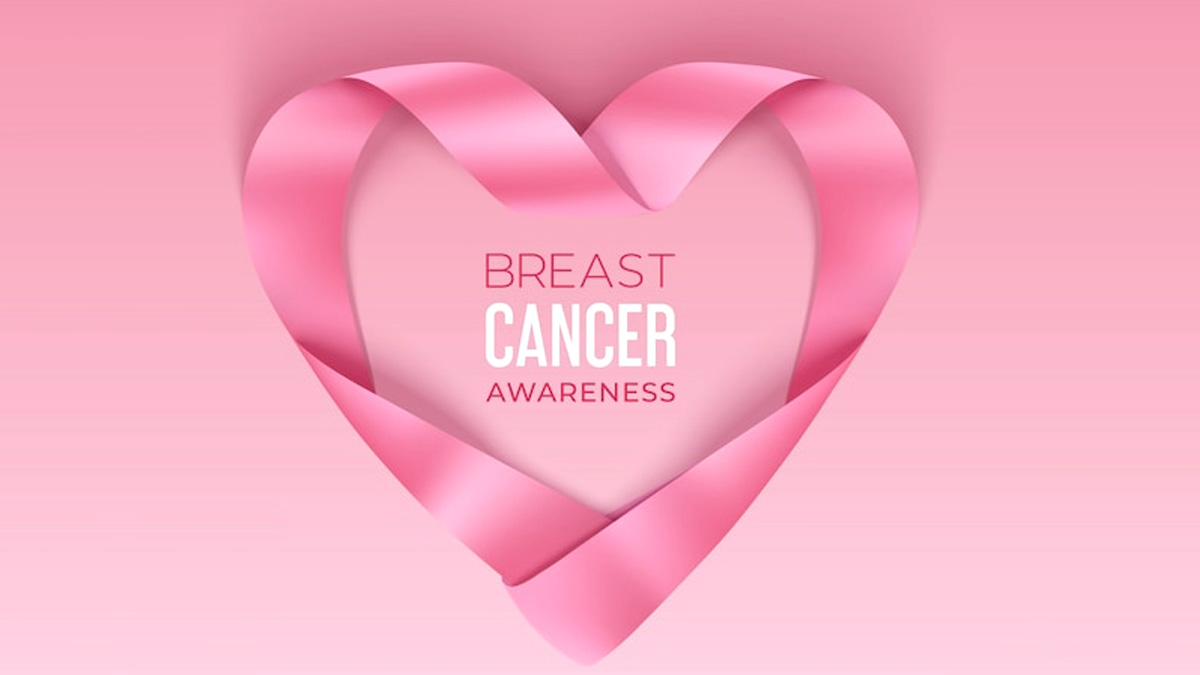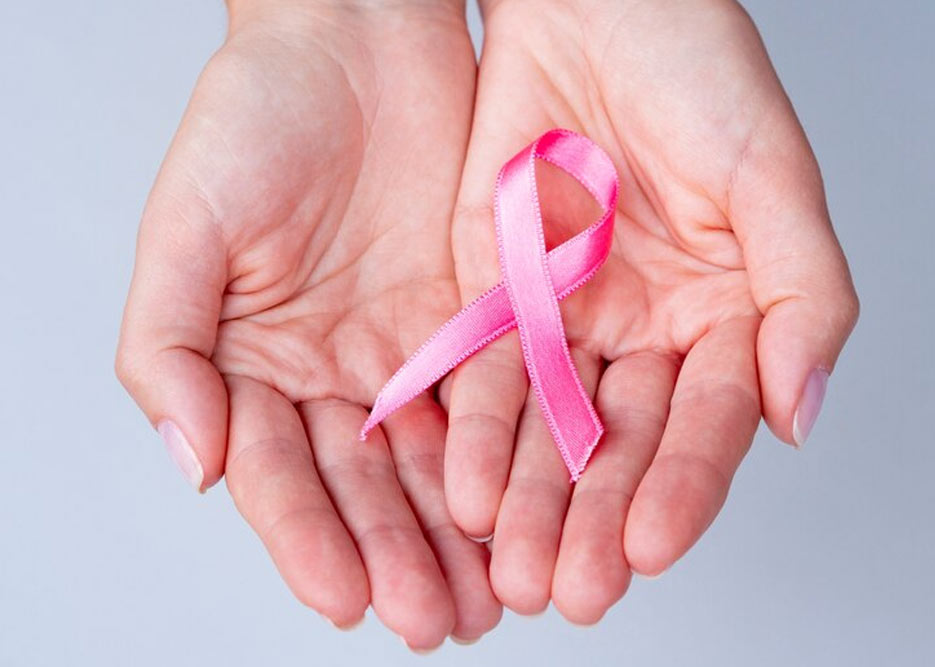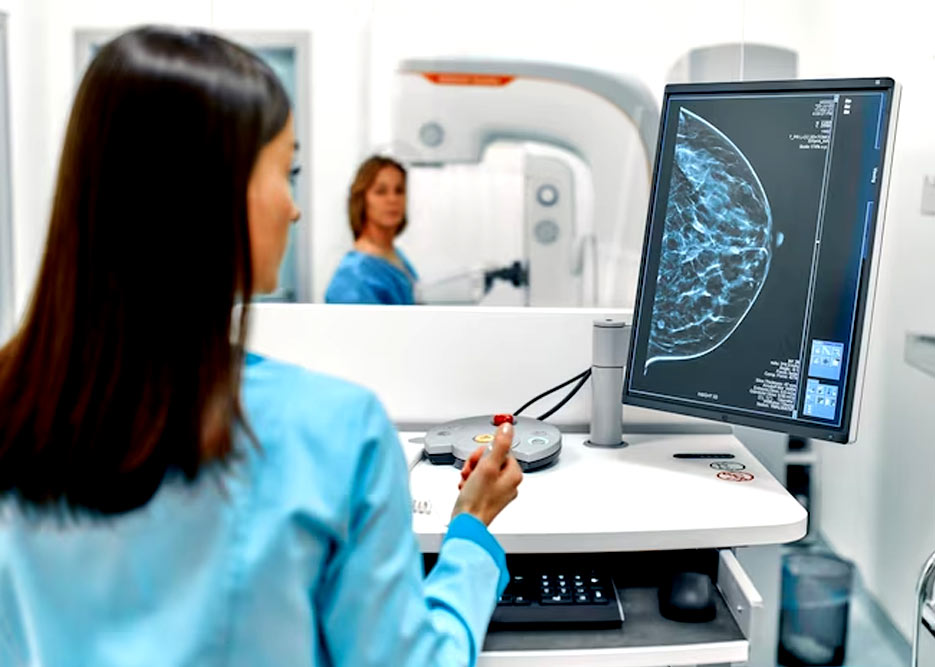
Breast cancer is the world’s most prevalent cancer. In 2020, breast cancer was diagnosed in 2.3 million women globally, out of which 6,85,000 deaths were reported by the World Health Organisation. Despite its prevalence and widespread awareness about the disease, several myths are still believed as facts by the masses. To bring the truth to light, the team of OnlyMyHealth spoke to Dr Vishwanath S, Apollo Hospital, Bangalore, who elucidated the following to help separate reality from fiction.
Table of Content:-
# Myth 1: Only Women Can Get Breast Cancer

Fact: While women are mostly the victims of breast cancer, that does not mean that men can not develop this disease. The incidence of breast cancer in men is significantly lower, accounting for about 1% of all breast cancer cases. Nevertheless, men are not immune to breast cancer, and early detection is just as critical for them.
# Myth 2: Only Older Women Are at Risk
Fact: Breast cancer risk does increase with age. However, it can affect women of all ages. That is why early detection is particularly vital in these cases, as aggressive forms of the disease can occur in younger age groups.
Also Read: Breast Cancer Awareness Month: 5 Yoga Poses for Better Breast Health
# Myth 3: Family History of Breast Cancer Guarantees You Will Get It
Fact: Family history is a big risk factor for cancer. Interestingly, however, most people diagnosed with breast cancer do not have a family history of the disease. That is why several medical practitioners recommend that everyone should be vigilant about regular screenings and self-exams regardless of family history. Genetic testing may also provide additional information to assess the risk.
# Myth 4: Breast Implants Can Hide Cancer

Fact: While breast implants make it more challenging to detect breast cancer through mammography, they do not hide or cause cancer. Inform your medical examiner or healthcare provider that you have breast implants so that they can employ additional imaging techniques to get the right diagnosis.
# Myth 5: Lumps Are The Only Signs of Breast Cancer
Fact: While lumps are a common symptom of breast cancer, they are not the only indicator. Other signs include changes in the breast size or shape, nipple discharge, redness or dimpling of the skin, and pain.
Also Read: Breast Size Doesn’t Increase Breast Cancer Risk: Here’s What Does As Per A Breast Cancer Expert
# Myth 6: Negative Mammogram Means You Are Cancer-Free
Fact: Although mammograms are a valuable tool for breast cancer detection, they are not foolproof. Like any other test, false negatives can occur in a mammogram as well, especially if the cancer is in its early stages or if breast tissue is dense. If you have concerning symptoms, seek further evaluation, even if a mammogram shows no abnormalities.
# Myth 7: Breast Cancer Is a Death Sentence
Fact: Lastly, the fact that this is a myth might bring you some relief. Breast cancer, when detected and treated early, is not a death sentence. Advances in medical science and early detection methods have significantly improved survival rates. Many individuals diagnosed with breast cancer go on to lead healthy, fulfilling lives after treatment.
A breast cancer diagnosis can bring a lot of fear and anxiety. Fortunately, with the help of Dr Vishwanath S, you can base your understanding of breast cancer on accurate information seek regular check-ups and screenings, and avoid feeling overwhelmed by this life-altering detection. Reminding everyone that knowledge is power, he concluded that in the case of breast cancer, it can be life-saving.
Also watch this video
How we keep this article up to date:
We work with experts and keep a close eye on the latest in health and wellness. Whenever there is a new research or helpful information, we update our articles with accurate and useful advice.
Current Version